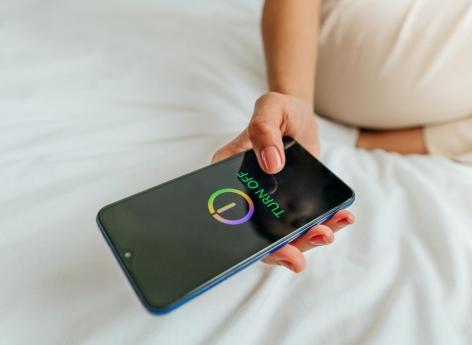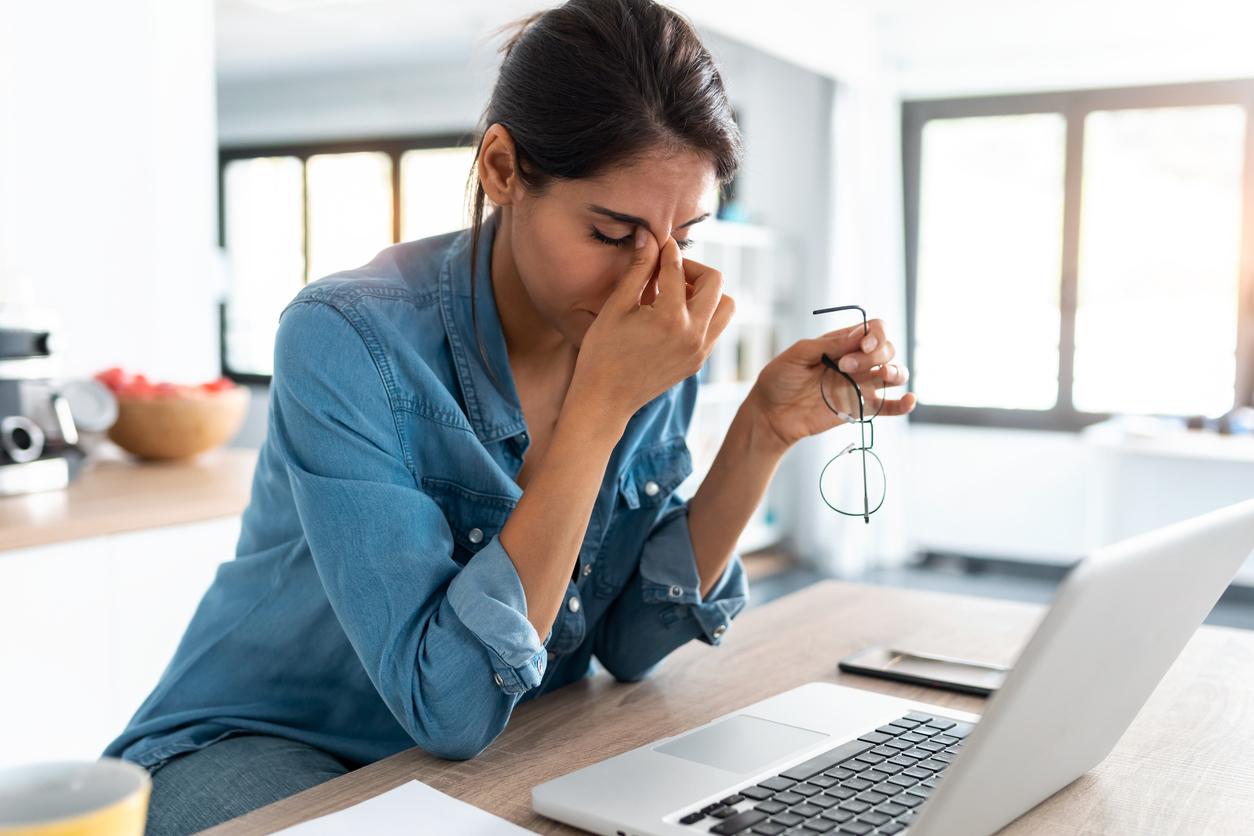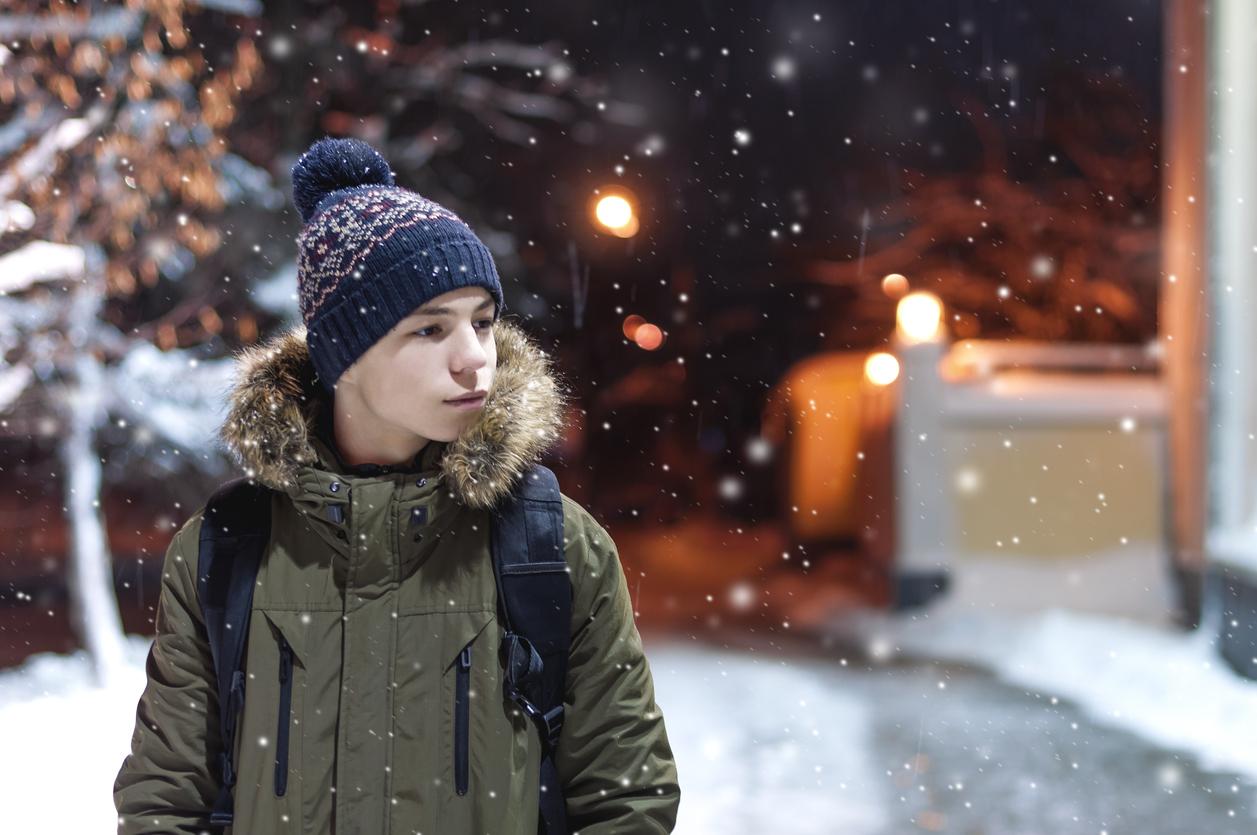During a videoconference, the more a person looks at their own camera feedback when discussing, the more their mood deteriorates.

- “The camera feedback available on several video conferencing platforms could make interactions more painful than they should be”, according to the researchers.
- During videoconferences, employees would have more difficulty finding new ideas than when they are present on the premises of their company.
Teams, Zoom, Google Meet, Skype… “The pandemic has plunged the world into a new approach to social interaction. Online parties have become an essential means of socializing. Yet, we know little about people’s experiences during these virtual exchanges”wrote scientists from the University of Illinois at Urbana-Champaign (USA) in a study published in the journal Clinical Psychological Science.
Analyze the gaze
As part of this work, the researchers recruited 246 adults. The volunteers were divided into two groups and assigned randomly. Some of them consumed alcohol before the videoconference and others sipped a non-alcoholic drink. They then took part in a virtual exchange.
They were asked to talk about what they liked and disliked about the life of the local community and to discuss their musical preferences. During the video call, the adults could see each other and their interlocutors on a split screen. All participants had to complete a questionnaire on their emotional state before and after the videoconference.
To analyze their gaze, the authors used the technique of eye tracking, which makes it possible to record in real time and continuously, the pauses and trajectories of the eyes. Their goal was to examine the link between mood, alcohol and concentration during a virtual interaction.
Influence of alcohol
According to the results, the volunteers spent much more time looking at their interlocutors than at themselves during the exchange. However, there were significant differences in the amount of time each participant spent looking at themselves. “We found that participants who spent the most time looking at each other during the conversation felt worse after the call, even when controlling for the negative mood that prevailed before the interaction. And those who were under the influence of alcohol spent more time looking at each other”explained Talia Ariss, lead author of the study, in a statement.
According to the team, their findings add to previous research suggesting that adults who focus more on themselves during social interactions may be prone to mood disorders. “The more self-centered a person is, the more likely they are to report feeling emotions consistent with anxiety and even depression”said Talia Ariss.
















